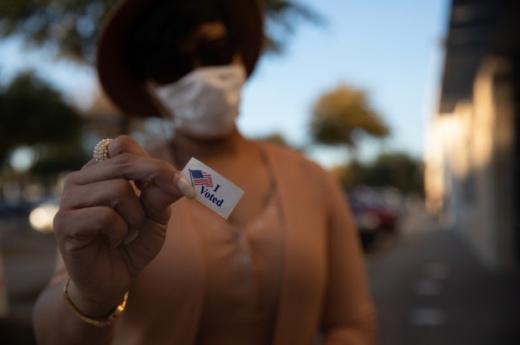The last day to vote early in person is May 3, and the last day to apply for a ballot by mail is April 26, according to the state’s election calendar.
Voters in Collin County may cast a ballot at any polling location in the county during early voting and on election day May 7. To find out where to vote during early voting and on election day in Collin County, click here.
Denton County residents can vote at any location in the county for early voting but must vote at their assigned precinct on election day. A full list of locations for Denton County can be found here.
On the FISD board of trustees, seats for Place 1, Place 2 and Place 3 are up for election. Gopal Ponangi, the incumbent for Place 1, is running against laboratory biologist Angela Dunford. Place 2 incumbent Natalie Hebert is running against two other candidates, Corcam Solutions President Kelly Karthik and real estate broker Marvine Lowe. Finally, human resources director Stephanie Elad, attorney Dustin Paschal and accountant Timothy Soto are facing off for the Place 3 seat.
FISD board members are elected to three-year terms and represent the entire district. Q&A's for each of the candidates can be found in the links above.
In addition, voters will see two statewide propositions on the ballot. Although property taxes are already frozen for the disabled and those age 65 and older, Proposition 1 will ask voters whether to allow the Texas Legislature to provide additional tax relief from school districts for even those elderly and disabled homeowners with frozen taxes.
Proposition 2 will ask voters whether to increase the amount of the residence homestead exemption from ad valorem taxation for public schools from $25,000 to $40,000.
Every homeowner in Texas is already offered a $25,000 homestead exemption on property taxes from public school districts—meaning the first $25,000 of a home’s appraised property value does not count against a homeowner’s annual property taxes, according to Joshua Blank, research director of the Texas Politics Project for The University of Texas. If approved, that exemption for homeowners would be raised to $40,000.
Bailey Lewis contributed to this report.





